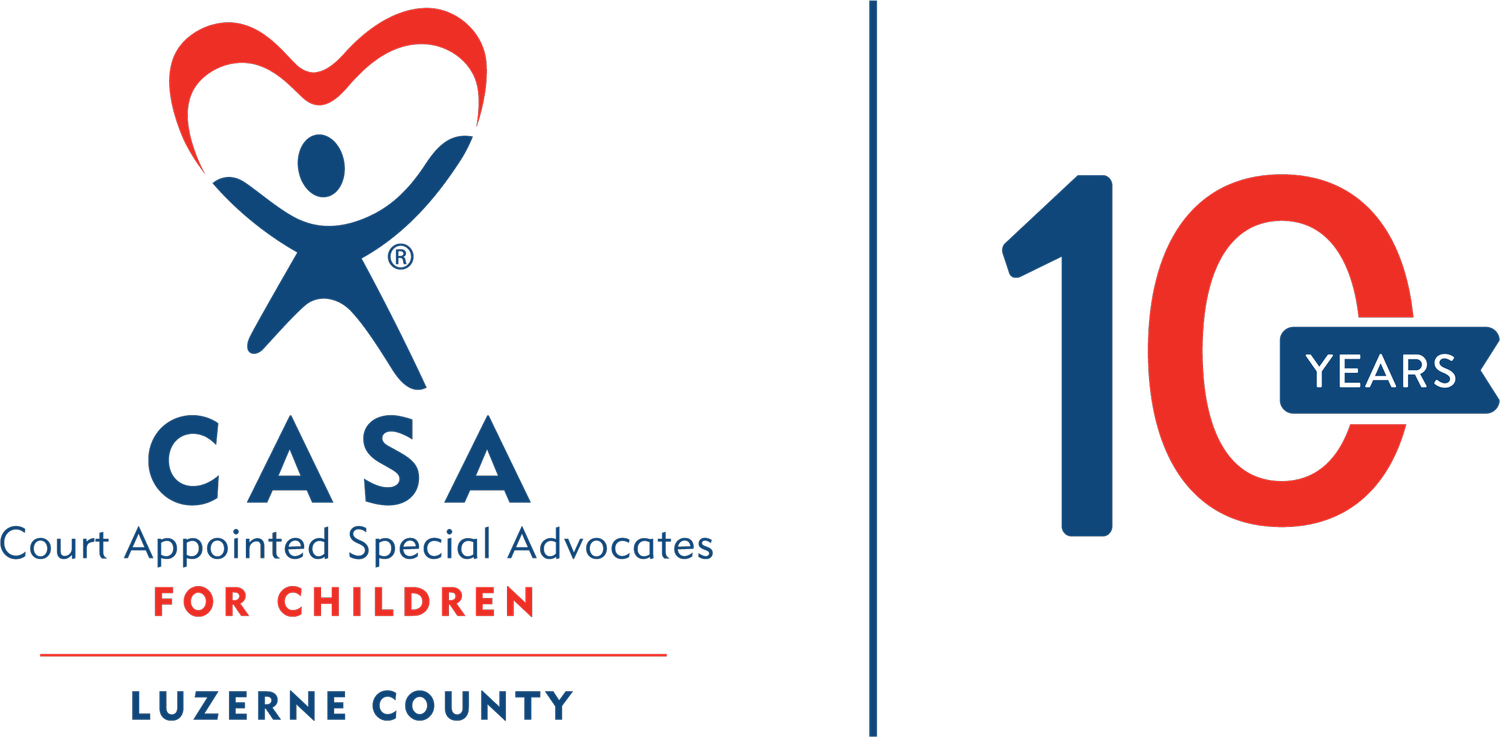In the world of child welfare, June is recognized as National Reunification Month.
Since 2015, 52% of all CASA cases have ended in reunification. That means that it was in the best interest of slightly more than half of those children to return home to their families.
Reunification is sometimes a difficult concept to understand as it means returning children back to the environment in which they were harmed.
It’s hard for most of us to imagine that a child who has suffered because of their parents would want to go back home in the first place, but the vast majority of children do. In fact, one of the first questions we ask our incoming advocates during their initial interview is whether or not they’re aware that most children in foster care want to return home.
No matter how bad things are, the majority of these children still love and care for their parents and just want things to be made right so they can be reunited with their families. And, if it’s in that child’s best interest, it’s something their CASA volunteer will advocate for.
“Removal from home is, itself, traumatizing,” said Annie Ellis, CASA of Luzerne County Program Director. “Separation from your family of origin has a life-long effect, although necessary when the safety of a child is at stake. It is essential that we, as advocates for children’s best interests, recognize the importance of reunification and provide as much support as possible toward that goal.”
All states require child welfare agencies to make “reasonable efforts” to provide parents and children with any and all services needed to make reunification a realistic goal.
In an effort to solve the problems that created the child’s removal in the first place, families are given counseling, drug and alcohol treatment, parenting classes … whatever they need to become a healthy, functioning family.
While this works for reunifying families that have been separated, early intervention is key to help ensure removal doesn’t need to happen in the first place.
“During the 20th and 21st centuries, our child protection system has been structured to respond to neglect and abuse at a time of crisis, after it has occurred,” said John Aciukewicz, CASA of Luzerne County Executive Director. “Positive and proactive intervention in the earliest years of a child’s life can make the difference for children and families by providing birth parents and extended family members with the tools they need to safely care for the child.”
When a problem is solved, we believe it’s something worth celebrating. Especially when that means a child is safe, secure, and has the opportunity to thrive, which is what our program hopes to achieve with each and every case.
A court appointed special advocate is an essential part of that process. By acting as the voice of the child and working with all parties involved to help make sure that child heals and is on the path to safety and security, the CASA becomes a constant, consistent, trusted presence in a child’s journey home.
“Although challenging, we need to recognize that children need always to be allowed and encouraged to retain the love they have for their parents while being supported as they themselves struggle with the very difficult emotional pain caused by neglect and abuse,” Ellis said.
During this month we celebrate the families who were able to reunite and move forward, and continue to advocate for the children who have yet to reach a permanent place.




